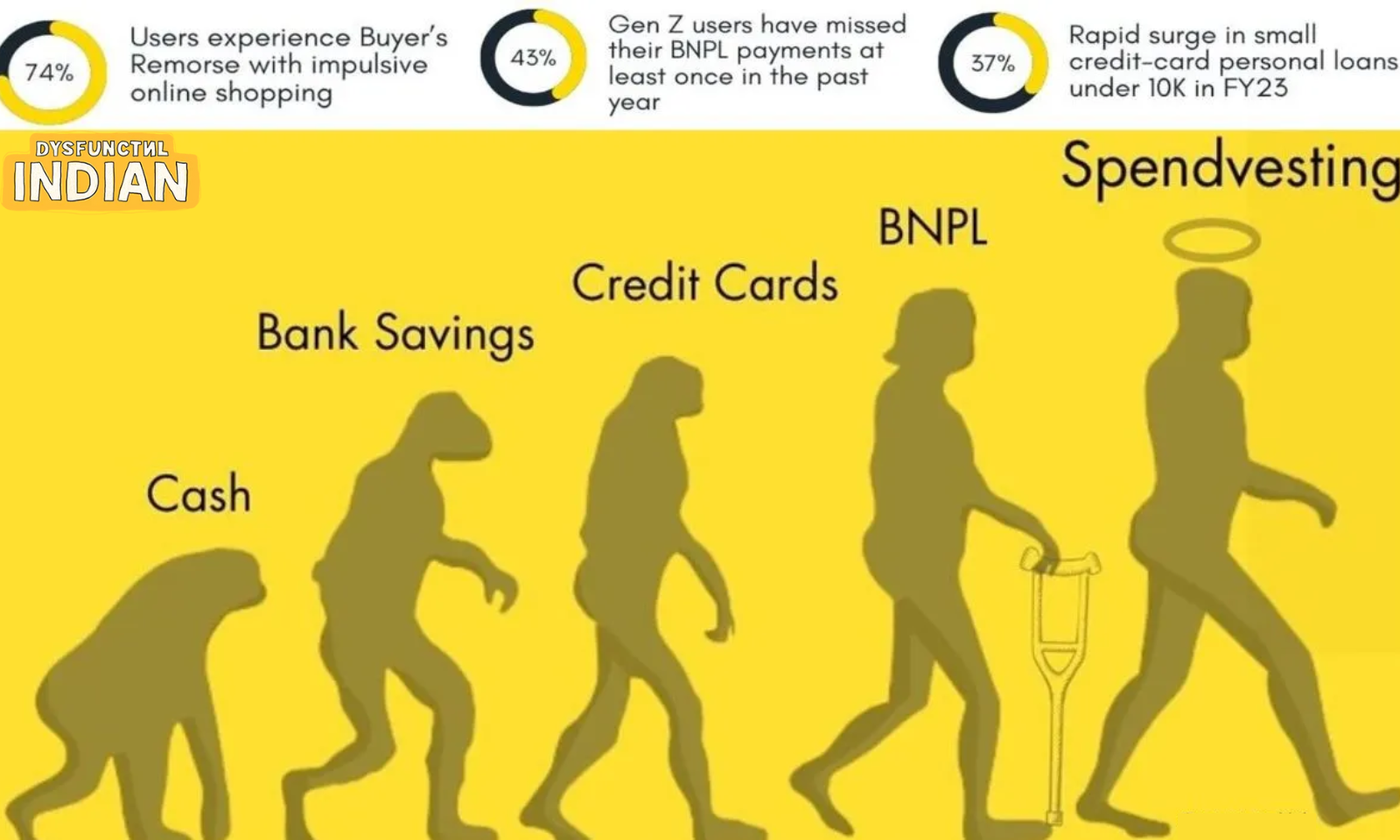If You Want to Sleep Peacefully, Wake Up Now
Posted by admin on 2024-10-26 |

Getting enough sleep might seem like
a simple task, yet for millions of people in India and worldwide, quality rest
has become an elusive goal. We all know the usual advice: sleep 7-9 hours per
night, avoid screens before bed, and so on. Yet despite these well-known
guidelines, people are still struggling to achieve adequate sleep. Research
shows that sleep deprivation not only affects physical health but also impacts
productivity, cognitive functions, and mental well-being. So, what’s going
wrong in our quest for better sleep?
The Hidden Impact of Sleep
Deprivation on Health
Sleep deprivation isn’t just about
feeling drowsy or lethargic the next day. Chronic lack of sleep has been linked
to an array of severe health issues, from heart disease and obesity to diabetes
and depression. According to the World Health Organization (WHO), sleep
deprivation can lead to long-term consequences for cardiovascular health, with
people experiencing poor sleep showing a higher risk of hypertension, heart
attacks, and strokes. The Indian Journal of Psychiatry highlights that sleep
problems also contribute to mental health issues, leading to anxiety, stress,
and even burnout.
One notable case in India is that of
tech entrepreneur Ankit Sharma, who suffered from chronic insomnia due to
excessive work hours and screen time. Sharma eventually sought medical help
after experiencing health complications related to sleep deprivation, including
high blood pressure and chronic stress. His experience sheds light on how poor
sleep can go undiagnosed until it manifests as a serious health concern.
Why Sleep Science Matters
Recent research sheds light on the
reasons behind our widespread sleep issues and offers insights into potential
solutions. For example, studies from the Sleep Research Society suggest that
the structure and quality of sleep are as critical as the quantity. According
to Dr. Kiran S. Anand, a neurologist specializing in sleep disorders, “While
many patients think of sleep as a simple on-off state, it is, in fact, a
complex and multi-staged process that must be respected and nurtured for
optimal function.”
The body goes through five sleep
cycles per night, each of which is essential for physical repair, memory
consolidation, and emotional processing. For instance, deep sleep is crucial
for physical recovery, while REM sleep aids in memory and learning. When we
don’t get enough sleep or experience disrupted cycles, it impairs these
critical processes. Research published in the Journal of Clinical Sleep
Medicine found that irregular sleep schedules, such as those common among
shift workers, negatively impact these cycles, resulting in poorer cognitive
performance and a greater risk of mood disorders.
Cultural Stigma Around Rest and the
'Sleep Debt'
In India, societal attitudes toward
sleep often clash with science-backed guidance. There remains a stigma around
prioritizing rest, with many considering it a sign of laziness or weakness. A
recent survey by the National Sleep Foundation revealed that a large number of
Indians experience “sleep debt” – the accumulated effect of consistent sleep
loss over time. This debt doesn’t simply disappear with one or two nights of
rest; instead, it can build up, weakening immune systems and diminishing
cognitive capacity.
The effects of sleep debt are subtle
but cumulative. In the workplace, sleep-deprived individuals are more likely to
make errors, miss deadlines, or make poor decisions. The problem compounds for
young people, particularly students, who often stay up late studying or on
social media. Research by the All India Institute of Medical Sciences (AIIMS)
has found that Indian students who reported insufficient sleep also showed
higher levels of academic stress, indicating that sleep deprivation is both a
cause and a consequence of modern academic pressure.
Can We Solve India’s Sleep Crisis?
Solving the sleep problem requires
individual changes and a societal shift in attitude toward rest. On an
individual level, simple practices like setting a consistent bedtime, reducing
screen exposure before bed, and managing caffeine intake can help. Apps like
Headspace and Calm, which offer meditation and sleep-focused features, have
gained popularity, with many users claiming improved sleep quality.
Public awareness campaigns could
also play a vital role in dispelling the myths surrounding sleep. Health
experts emphasize that sleep should be seen as a pillar of health, equivalent
to nutrition and exercise. Governments and organizations might also consider
implementing policies that encourage a better work-life balance, promoting
productivity without compromising health.
The Path to Better Sleep
The science of sleep tells us that
it is a non-negotiable component of good health. As India becomes increasingly
fast-paced, it’s essential to recognize the value of rest and take proactive
steps toward better sleep hygiene. Recognizing the role of quality sleep and
creating a cultural environment that respects and promotes it could be key to
addressing the sleep crisis in India. After all, good sleep isn’t just a
personal benefit; it has a ripple effect, fostering healthier, more productive
communities.









